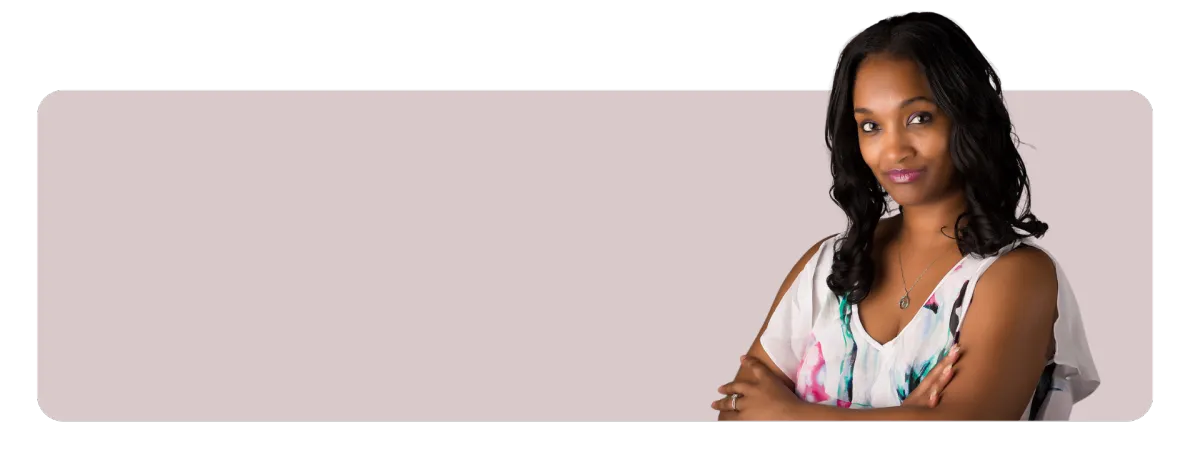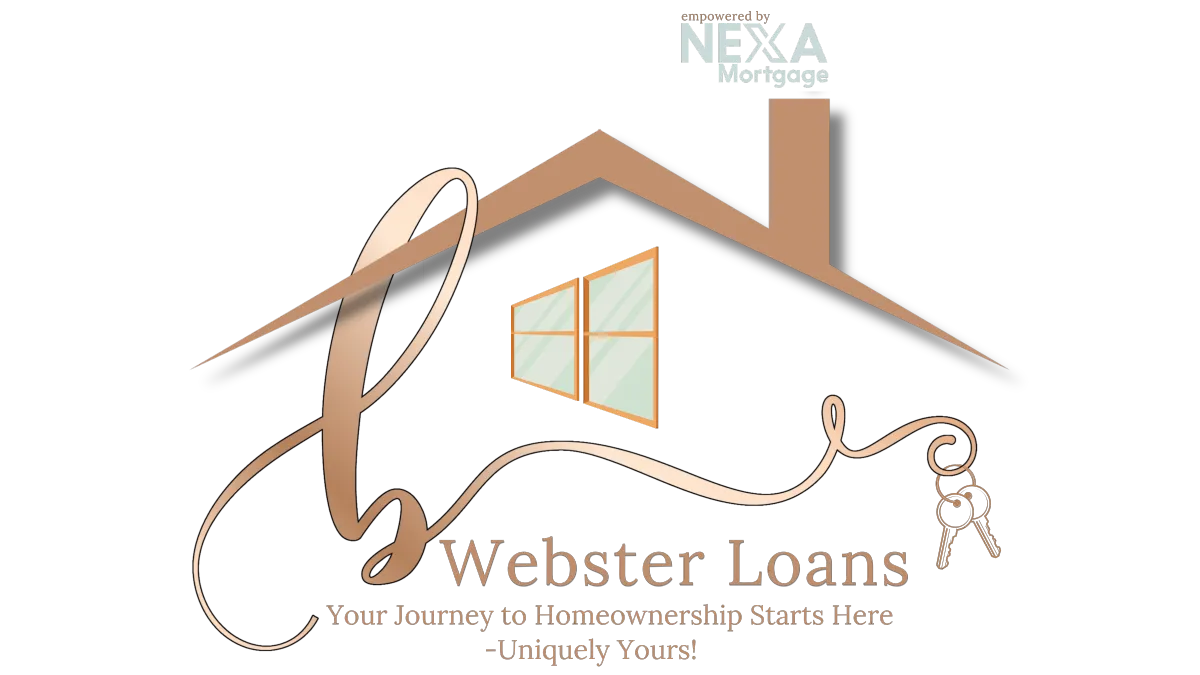You’ve spent a lifetime building equity—now let it give something back.
Got Questions?
We've Got Answers.
Reverse Mortgages
Unlock the Equity in Your Home—Without Giving It Up
A reverse mortgage lets homeowners - aged 62 and older access their home equity without selling or moving. Use the funds however you like: boost retirement income, cover medical costs, or enjoy life’s next chapter. Stay in your home while gaining financial flexibility.

Quick Overview
A reverse mortgage lets homeowners 62+ turn home equity into cash - without selling or making monthly mortgage payments. The loan grows over time as equity decreases and is repaid when the home is sold, the owner moves out, or passes away

Let's Chat About It
Schdule a Consultation with Brigett
Qualify for a Reverse Mortgage
To qualify for a reverse mortgage, you must meet these key requirements:

Age & Residency
You must be at least 62 years old and live in the home as your primary residence.

Homeownership
You should own your home outright or have a small remaining mortgage that can be paid off with the reverse mortgage.

Financial & Property Eligibility
A basic financial assessment is required, and your home must meet certain property standards (typically single-family, select condos, or multi-unit homes where you live in one unit).
What Makes Reverse Mortgages Different?
A reverse mortgage isn’t just a loan—it’s a retirement strategy built around staying in your home and unlocking its value on your terms.
Most reverse mortgages come with built-in safeguards and federally required counseling to ensure you understand the process.
How It Works
There are 6 steps to getting approved for a Reverse Mortgage
Tap each picture to view additional information on each step.

Step 1: Application Process
Begin by submitting an application for a reverse mortgage to assess your eligibility.

Step 2: Counseling Requirement
Attend a counseling session with an independent HUD-approved counselor. This step is crucial to ensure that you understand the details, responsibilities, and implications of obtaining a reverse mortgage.

Step 3: Home Appraisal
A professional appraisal determines your home’s current market value, which will influence the amount you can borrow.

Step 4: Loan Approval
Upon approval, you will receive a Closing Disclosure that outlines the loan details and terms.

Step 5: Funding the Loan
Choose your preferred method of receiving funds, whether as a lump sum, monthly disbursements, or a line of credit.

Step 6: Repayment
The loan is repaid through the sale of the home, at which point the proceeds will cover the outstanding balance. If the home sells for more than the loan amount, heirs can receive the remaining equity.
Curious How Much
You Could Qualify For?
Use our simple reverse mortgage calculator to explore
your options in just a few clicks-no obligation, just clarity.
Your results are an estimate and not a loan offer
Ready to Take the First Step?
Let's get started! Fill out the form below.

Reverse Mortgage FAQ's
We understand that navigating reverse mortgages can come with many questions and concerns. This FAQ section addresses common inquiries to provide you with the clarity and confidence needed to make informed decisions about your financial future.
What is a HECM?
A HECM (Home Equity Conversion Mortgage) is a federally insured reverse mortgage program designed for homeowners age 62 and older. It allows you to convert a portion of your home’s equity into tax-free funds—without the obligation of monthly mortgage payments.
You can receive the money as a lump sum, monthly payments, a line of credit, or a combination. Many homeowners use HECM funds for medical expenses, home improvements, daily living costs, travel, or simply to increase financial flexibility in retirement. The loan is typically repaid when the home is sold, the homeowner moves out permanently, or passes away.
Am I required to make monthly payments?
No, monthly mortgage payments are not required with a reverse mortgage. However, you can choose to make voluntary payments toward the loan balance at any time. Many homeowners do this to manage the loan balance or preserve equity. Keep in mind, you’re still responsible for property taxes, homeowners insurance, and basic home maintenance.
Can I purchase a home with a reverse mortgage?
Yes, you can use a reverse mortgage—specifically a Home Equity Conversion Mortgage for Purchase (HECM for Purchase)—to buy a new primary residence. This allows you to combine a one-time down payment with a reverse mortgage to purchase the home, without the need for monthly mortgage payments. You must still meet eligibility requirements, and the home must be your primary residence.
What happens to my home with a reverse mortgage?
You retain ownership and can live in the home as long as you meet loan obligations.
Can I lose my home?
As long as you continue to pay property taxes, homeowners insurance, and maintain the home, you will not lose your property.
Is there a limit to how much I can borrow?
The amount you can borrow depends on your home's appraised value, your age, and current interest rates.
What is the process for repayment?
Repayment occurs when the borrower sells the home, moves away, or passes away, using the home's sale proceeds to pay off the loan.
Are there any costs associated with a reverse mortgage?
Yes, there may be closing costs, including mortgage insurance premiums, appraisal fees, and other related fees.

Experience the
Difference
Let's chat about your options
Experience the Difference
Let's chat about
your options

Empowered by NEXA Mortgage LLC
